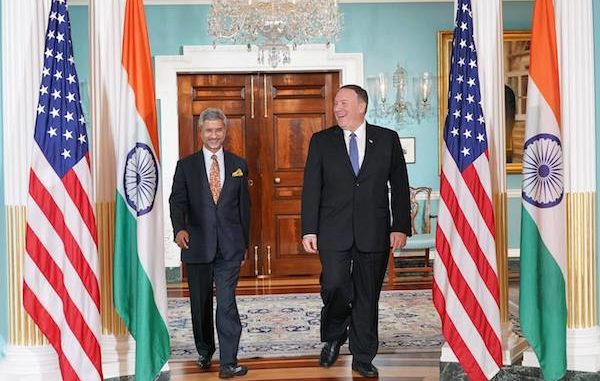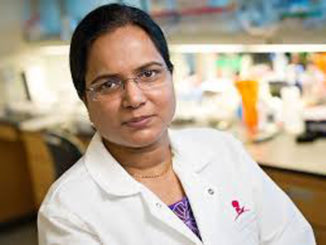
WASHINGTON(TIP): External Affairs Minister (EAM), Dr. S Jaishankar concluded a comprehensive visit (28 September to 02 October 2019) to Washington DC, his first visit to Washington after his appointment as Minister for External Affairs of India.
During the visit, EAM met his counterpart Secretary of State Mike Pompeo; Secretary of Defense Mark Esper; Acting Secretary for Homeland Security Kevin McAleenan; and newly appointed National Security Advisor Robert C O’Brien.
EAM also addressedfive major think tanks (Carnegie Endowment for International Peace, The Atlantic Council, Center for Strategic and International Studies, The Heritage Foundation and the Brookings Institutions).
Speaking on the on the topic ‘Preparing for a Different Era’ at Center for Strategic and International Studies, Dr. S Jaishankar cautioned that ‘a world of “all against all” is neither desirable nor indeed probable.’ “The weight of history and the compulsions of politics will make sure that convergences end up as some form of collectivism. Nor can beliefs and values be divorced from the behavior of states. Thus, even as we look at an era of more dispersed power and sharper competition, the way forward is more likely to be new forms of accommodation rather than pure transactions. While nations will naturally each strive to advance their particular interests, similarities and affinities will always remain a factor. So, while this is an exposition on changes in international affairs, I would emphasize that the direction is towards a new architecture rather than the absence of one”, he said.
He also highlighted how for many years India sought a solution while Pakistan was comfortable with continuing with cross-border terrorism. “The choice as this Government came back to power was clear. Either we had more of past policies and the prospect of further radicalization. Or we had a decisive change in the landscape and a change of direction towards de-radicalization. The economic costs of the status quo were visible in the absence of entrepreneurship and shortage of job opportunities. The social costs were even starker: in discrimination against women, in lack of protection for juveniles, in the refusal to apply affirmative action and in denial of the right to information, education and work. All this added up to security costs as the resulting disaffection fed separatism and fueled a neighbor’s terrorism. At a broader level, these realities also contradicted our commitment that no region, no community and no faith would be left behind. The legislative changes made this summer put India and the entire region on the road to long-term peace. That is the reality today in the making. And this is the India that will navigate the world which I have described just now”, he said.
Dr Jaishankar also emphasized that different era which we have entered also calls for both India and the United States to press the refresh button of their relationship.




Be the first to comment